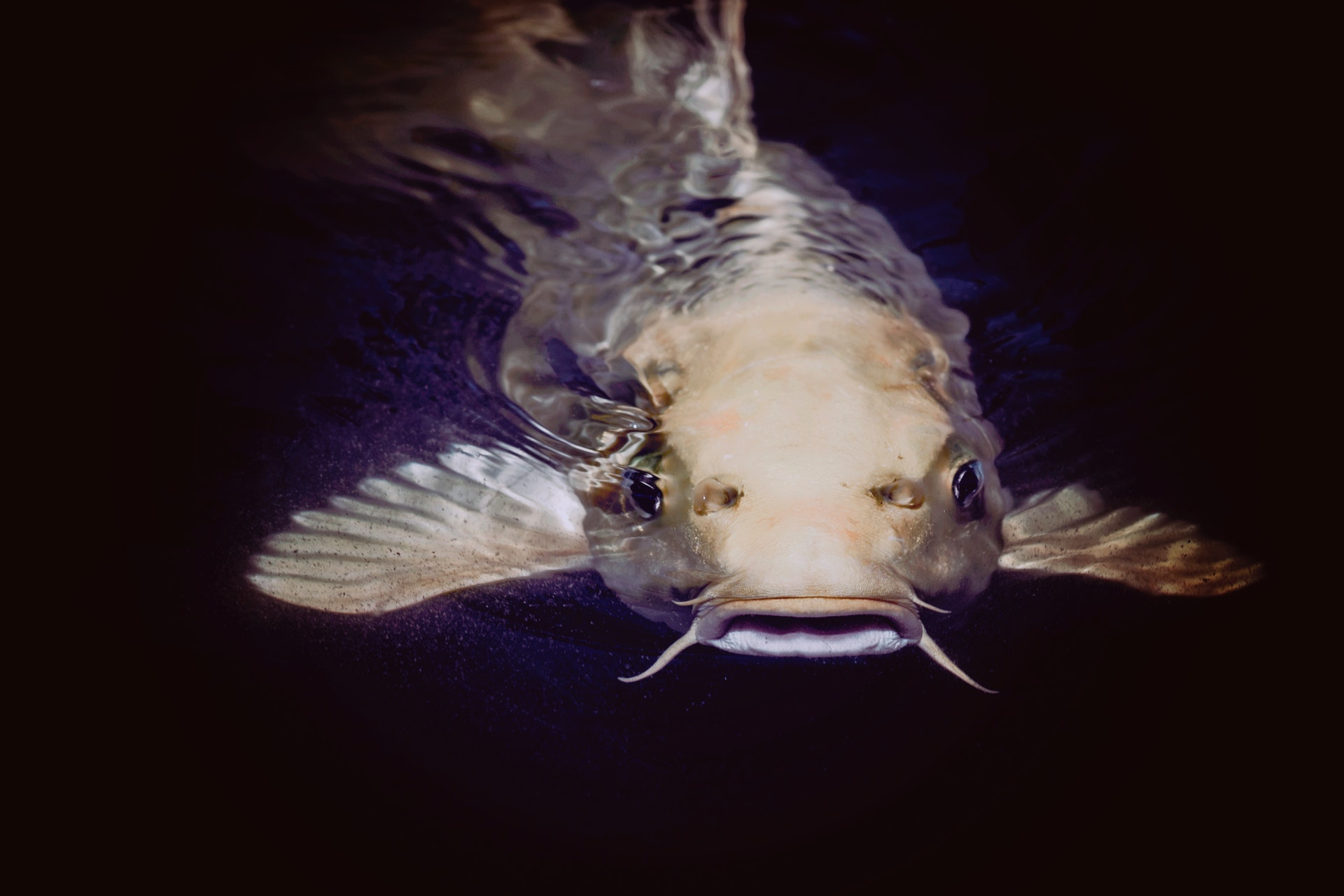Are You Casting a Catfish?
Are you a voice-over casting director? Or a radio commercial producer? Or even a marketing person looking for a voice for a project? Then perhaps you might allow me to have a discreet word in your ear. Because there’s a thing that I’ve been made aware of, which maybe you’re not.
Don’t worry, nobody’s told me you’ve got BO. And in any case, since we work remotely, I wouldn’t know.
But I am talking about something that’s got a bit of a whiff to it.
Something not quite right.
Something fishy.

It’s been claimed by various voice-over industry stalwarts recently that there has never been a better time to be a voice-over artist.
That may be true. Look at audiobooks outselling paper ones. Look at the resources out there to help aspiring voiceover artists develop their talent – my own included. Look at how being a professional voice-over artist appears to be, on the face of it, the ultimate work-from-home career.
For newcomers, opportunity seemingly abounds. Now seems to be a great time.
But like I said before, there’s something about this that doesn’t smell quite right.
Something fishy.
You might also think, if you’re someone responsible for choosing voices, that there’s never been so much choice. You might think that the next voice you pick will provide excellent value. You might think they’ll be a star performer. You might think they’ll always be available. You might think they can read out loud, stumble-free, with every nuance necessitated by your carefully crafted copy. You might think they can deliver to deadline without disappointment.
You might think all of these things (and more). But are you right in your thinking?
Yes, the voice-over pond has – apparently – never been more plentiful.
But is the voice you’ve fished out the ‘reel deal’? Or have you mistakenly cast a catfish?
They might claim to be wild tuna on their demo, but can they do exactly what they say on the tin? And when you’ve forked out and hired this voice, have you actually – mistakenly – opened up a can of worms?
These are important questions. And reputations, budgets and successful projects depend on them.
The unfortunate truth is that casting (and then booking) someone with no web presence and a limited portfolio of work could mean the same as a fisherman coming up with a tiddler, after hours spent throwing lines (and some producers do have to throw plenty of lines to be read back at them, so I’m told).
I also hear stories of inexperienced voice-over artists turning up to studios, unable to perform to the same standard on their demos, or unable to respond to direction and deliver lines differently.
(I should make it clear at this stage that my Richcraft voice coaching students are only allowed to make a demo with me, when they are genuinely confident in their ability and are able to truly deliver!)
To return to my earlier point, it seems that on the surface, the voice-over oceans have been never been more plentiful.
But dive underneath and you may soon realise it can be a murky place.
So a discreet word from one who knows to all voice-over hirers, whether you’re the marketing person, radio ads proddie, or casting director: trust your instincts. Do your research. Go with experience.
Then, when you’ve hooked and booked a real catch – one that’s thrived in these waters for decades – you’ll know that production success is about having bigger fish to fry, and about working with a vocal wriggler, who’ll provide hours of fun at the end of the line!
Tanya Rich is a UK voice-over artist and voice-over coach with more than 30 years’ experience in the industry, who works with clients worldwide.
To find out more about how to hire her for your project, or for vocal coaching, click the links above.
 +44 (0) 7788 747 946
+44 (0) 7788 747 946